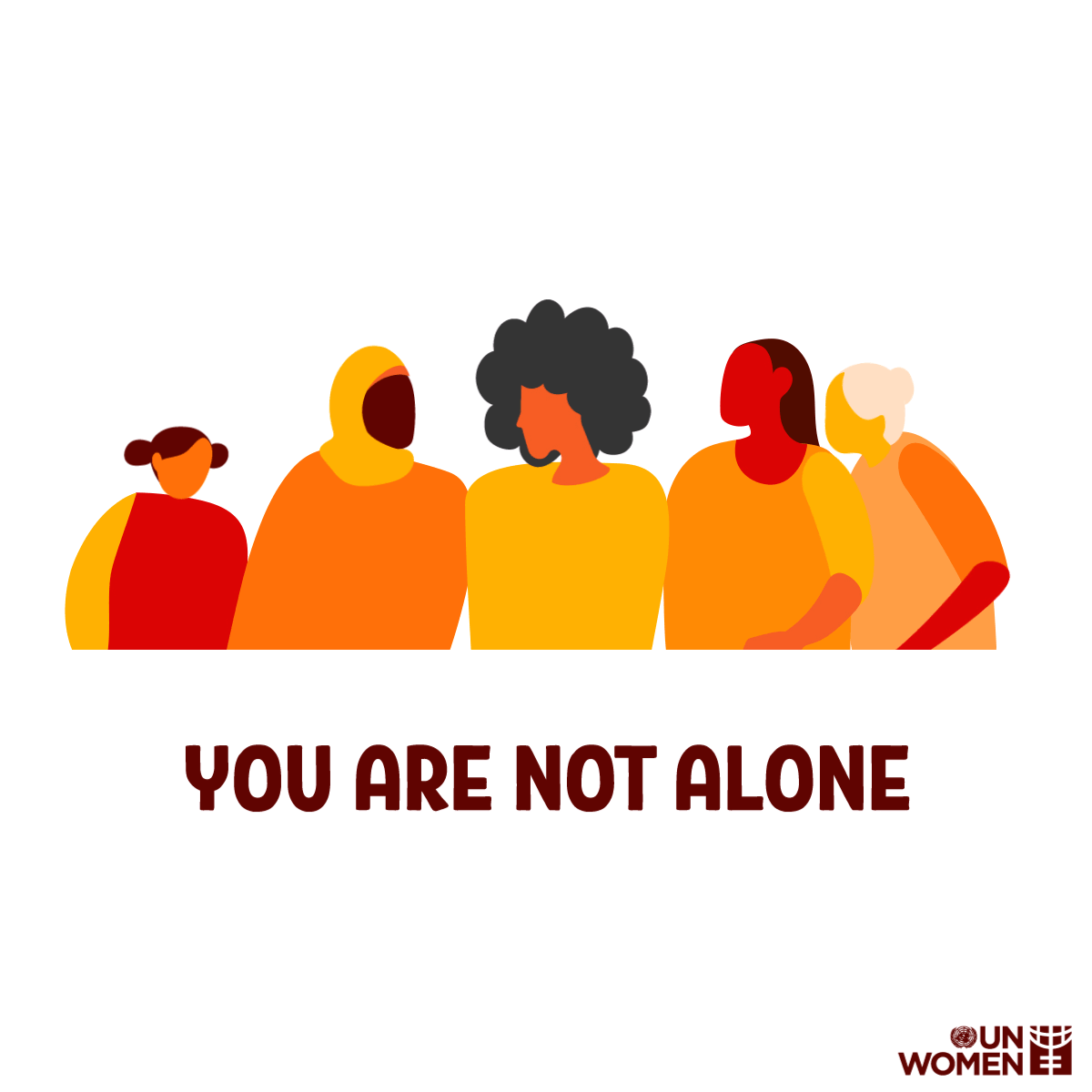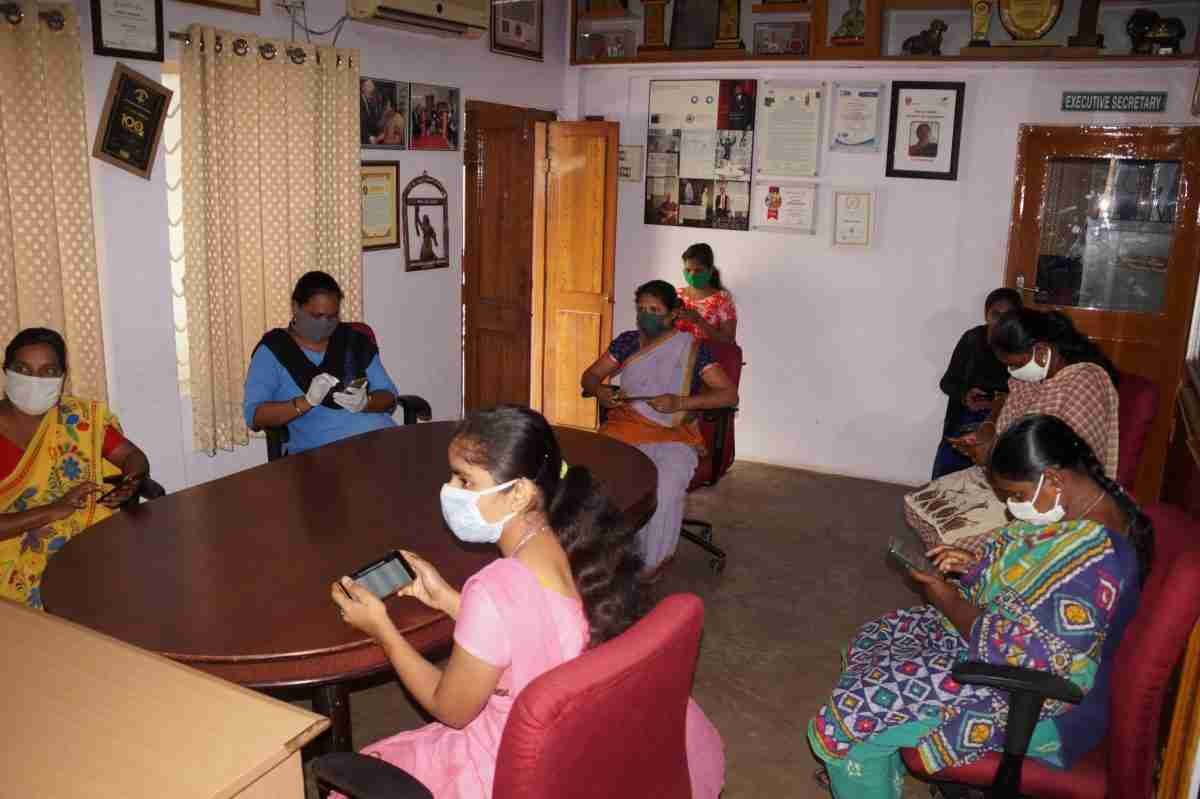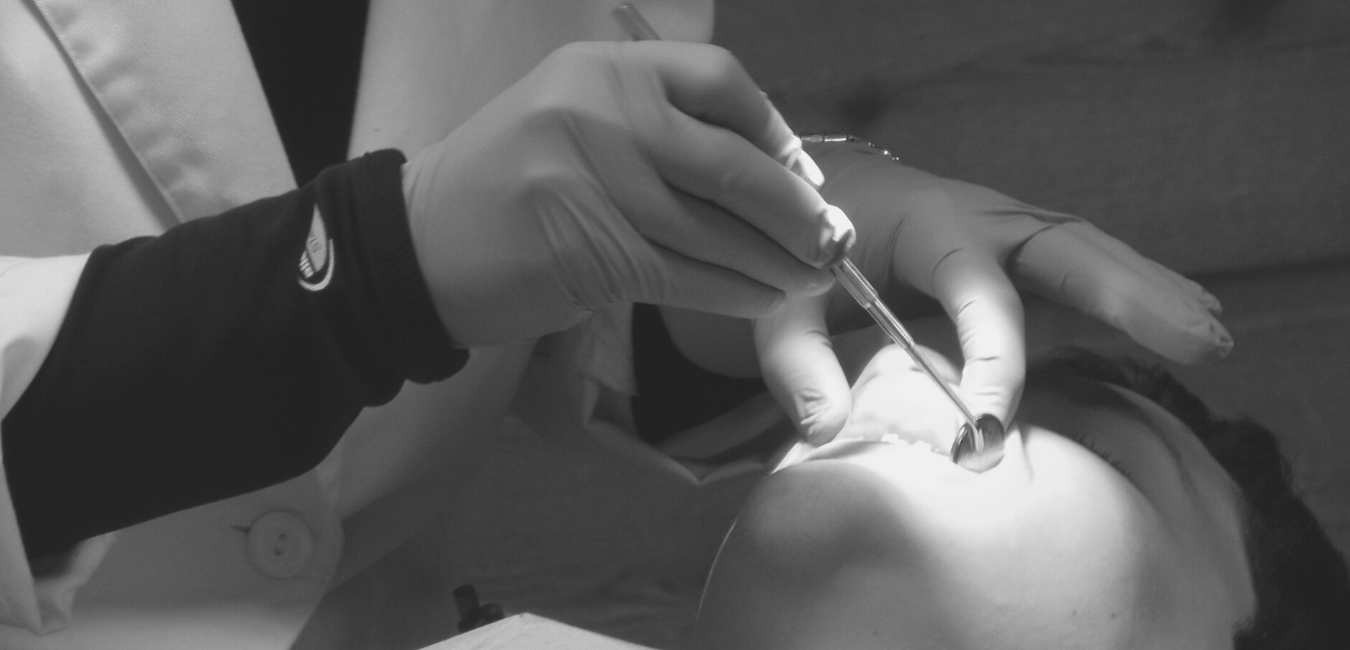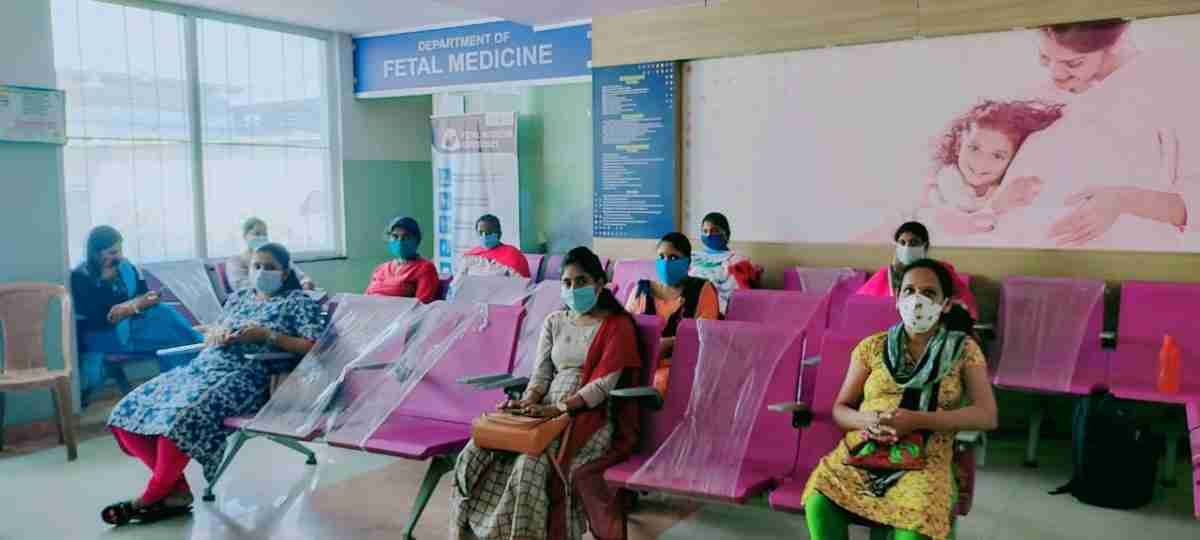Dr Sujit Ghosh, the founder of Kushal, believes that pregnancy stress management should be recognized as an important aspect of antenatal care. In this blog, he provides advice on how to deal with stress related to pregnancy and outlines what can help with anxiety and stress during pregnancy.
Introduction
Pregnancy can be an exciting time, but it can also be a time of stress and anxiety. The physical and emotional changes that occur during pregnancy can be overwhelming. The uncertainty of what to expect causes added stress. Morning sickness. Aches and pains. Financial concerns. Relationship changes. There are a lot of potential stressors during this life-changing period.
Management of stress during pregnancy is important for the well-being of both the mother and the baby. So, what can help a pregnant woman to relax? There are several tested strategies you can use to help with managing pregnancy-related stress.
Pregnancy stress management - 5 steps
 Prioritize self-care: Be sure to get enough rest. Eat well. Exercise frequently. This will make you feel your best. Kushal's website offers pregnant women weekly guidance on these topics. By browsing through our website women gain knowledge, address worries, work towards wellness, and adopt healthy habits and lifestyles.
Prioritize self-care: Be sure to get enough rest. Eat well. Exercise frequently. This will make you feel your best. Kushal's website offers pregnant women weekly guidance on these topics. By browsing through our website women gain knowledge, address worries, work towards wellness, and adopt healthy habits and lifestyles.- Talk to your family: Have a conversation with your family members about any worries or concerns you have. Feel supported. Supporting women during pregnancy requires community and family effort. Therefore, in Kushal, we encourage male family members and other elders to engage with our wellness workshops. Mothers and mothers-in-law frequently show up to our events to convey support and encourage participation in Kushal's well-being and mental health workshops.
- Reach out to friends: Don't be afraid to ask for their assistance or advice. Kushal's mental health and well-being workshops are held weekly. Pregnant women come together to talk about their concerns, offer each other support, and gain knowledge about how to take care of their mental and physical health.
- Practice relaxation techniques: Practising relaxation techniques can make a big difference when it comes to reducing pregnancy-related stress. Deep breathing exercises, yoga and meditation help. These techniques will calm the mind and body. And allows you to cope with the stresses of life more effectively.
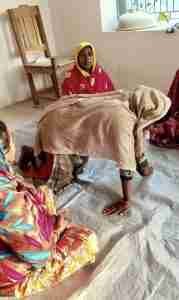 Take time to incorporate relaxation activities into your daily routine. This will lead to improved overall health and well-being. Try gentle exercises, such as stretches, which help improve flexibility, balance, and relaxation. A reminder though. Before starting any exercise regimen during pregnancy consult with a healthcare provider. This is especially important if you have any pre-existing medical conditions or pregnancy complications. Keep an eye out in your community for prenatal yoga classes that are specifically designed for pregnant women. Remember, it's important to listen to your body and not overdo it. Aim for at least 30 minutes of moderate-intensity exercise on most days of the week. You can also break it down into smaller chunks of time throughout the day. Overall, the goal is to find an exercise routine that feels comfortable and sustainable for the duration of your pregnancy. Pregnant women who attend Kushal Alo workshops are regularly supported to practice gentle exercises and breathing techniques.
Take time to incorporate relaxation activities into your daily routine. This will lead to improved overall health and well-being. Try gentle exercises, such as stretches, which help improve flexibility, balance, and relaxation. A reminder though. Before starting any exercise regimen during pregnancy consult with a healthcare provider. This is especially important if you have any pre-existing medical conditions or pregnancy complications. Keep an eye out in your community for prenatal yoga classes that are specifically designed for pregnant women. Remember, it's important to listen to your body and not overdo it. Aim for at least 30 minutes of moderate-intensity exercise on most days of the week. You can also break it down into smaller chunks of time throughout the day. Overall, the goal is to find an exercise routine that feels comfortable and sustainable for the duration of your pregnancy. Pregnant women who attend Kushal Alo workshops are regularly supported to practice gentle exercises and breathing techniques. - Get professional help: If your stress levels become too intense, seek help from a mental health professional. Don't hesitate. Kushal workshop facilitators, whom we call "Kushal Sathi" (which translates to "Wellbeing Ambassadors"), liaise with medical professionals and accompany mothers to the doctor when needed. They ensure that women during medical consultations ask questions that are pertinent to their own pregnancy.
Conclusion

Pregnant women need a safe space to talk about their worries. Share experiences, and connect with a community of mothers. Providing a platform to exchange ideas, for support and getting advice is an important component of maternal health. Providing holistic well-being has been shown to reduce birth complications and ensure better health outcomes for mothers and their newborns.
Kushal's weekly workshops give pregnant women a chance to share their stories and learn from each other. It also helps to make it okay to feel worried or anxious; a sentiment that is often brushed aside, but is a natural and valid emotion to experience.
#pregnancy #stressmanagement #mentalhealth #wellness #motherhood
References:
News Magazine, a division of PTM Healthcare Marketing, Inc., M. D. (2023, February 23). 10 Tips For A Healthy Pregnancy - Medical Device News Magazine. Medical Device News Magazine. https://infomeddnews.com/10-tips-for-a-healthy-pregnancy/
Preparing for pregnancy | Elevit Australia. (n.d.). Elevit Australia. https://www.elevit.com.au/planning/preparing-for-pregnancy




 services. Through our workshops, women gain the knowledge and strength to deal with a variety of antenatal issues head-on. With our tailored program, we aim to help women reach their full potential and enjoy pregnancy.
services. Through our workshops, women gain the knowledge and strength to deal with a variety of antenatal issues head-on. With our tailored program, we aim to help women reach their full potential and enjoy pregnancy.


